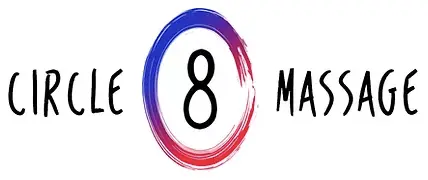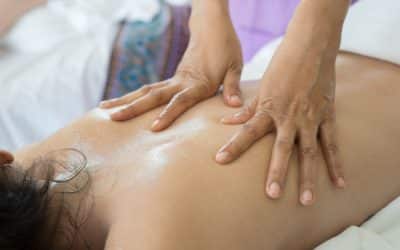Updated 29/08/2023
What is Shoulder Impingement?
Shoulder impingement (also known as Shoulder Impingement syndrome) can be a very painful and debilitating condition that involves your bursa and/or rotator cuff tendons to become intermittently trapped and compressed during shoulder elevation movements. In some cases, persistant shoulder impingement can lead to structural injury to your rotator cuff tendons, as well as causing shoulder bursitis. Left untreated, these symptoms can progress to even more serious issues including a full thickness rotator cuff tear, as well as weakened functionality to both the shoulder and arm. In this article we will be discussing shoulder impingement, and what can be done to treat it.
How is shoulder impingement diagnosed?
If you believe that you may be suffering from shoulder impingement syndrome, your best course of action is to visit your doctor or physiotherapist for an examination. This will more than likely involve a series of different shoulder impingement tests. These will often include assessing your scapular influence, as well as gauge your range of motion and rotator cuff strength. Common symptoms of shoulder impingement can include:
- Muscle pain and weakness in and around the shoulder area
- Shoulder pain (and in some cases a “clicking sensation”) when putting hands behind the head or back
- Shoulder pain when lying on the affected shoulder
- Shoulder pain while at rest
- Shoulder pain when raising the arm at or above shoulder length
It is important to note that not all shoulder pain is as a result of shoulder impingement. Shoulder pain can be associated with a wide range of issues, some of which can be very serious or even life threatening. If you’re experiencing severe or persistent, shoulder pain, you should visit your doctor for an examination.
Can massage in Leeds help relieve shoulder pain impingement?
We do believe a Sports massage can have a positive affect on shoulder pain. When the tendon or muscle is injured it will form an adhesion to protect the area from further damage. While initially helpful, the adhesions may stiffen and disrupt the healing process. Massage therapy in Leeds can help with this by using what’s called friction therapy to reduce pain by gently breaking apart the adhesions, and help to assist in a healthy healing process. A massage therapist can also reduce repetitive motion injury by employing friction massage to break apart any scar tissue that may have formed. Gentle stretching (performed by a qualified massage therapist in Leeds), as well as myofascial release techniques to loosen any seized connective tissue, will in some cases encourage the improperly aligned humorous to rotate back into place.
The benefits of massage in Leeds for shoulder impingement
Using massage therapy to relieve shoulder impingement offers a wide range of benefits. Aside from reducing the pain and discomfort associated with shoulder impingement, it can also correct the muscle debilitation that initially caused the injury. A qualified massage therapist will carefully assess your shoulder in its entirety before performing any type of massage therapy to ensure that your shoulder impingement is treated as gently, and effectively, as possible. When searching for a massage in Leeds or massage Leeds city centre, however, always be sure to verify that you will be receiving treatment from a licensed or certified massage therapist. It is also a good idea to check local review pages in your area to make sure you get the massage treatment you need.
Whilst you should initially get a diagnosis from your doctor for shoulder impingement, seeing a massage therapist could really help to make the condition more comfortable to deal with.
Frequently Asked Questions (FAQs)
Q: Can poor posture contribute to shoulder pain?
A: Yes, poor posture places additional stress on the muscles and tendons surrounding the shoulder joint, potentially leading to pain and discomfort.
Q: Is shoulder pain only caused by physical activity?
A: While physical activity can contribute to shoulder pain, factors such as age, genetics, and underlying medical conditions can also play a role.
Q: Are there any lifestyle changes that can help prevent shoulder pain?
A: Absolutely. Maintaining a healthy lifestyle, staying active, and practising proper ergonomics can significantly reduce the risk of shoulder pain.
Q: How long does it take to recover from rotator cuff tendinitis?
A: Recovery time varies depending on the severity of the condition and the chosen treatment approach. Mild cases may improve with rest and therapy, while more severe cases might require several weeks or months of recovery.
Q: Can I continue exercising with shoulder pain?
A: It’s essential to consult a healthcare professional before continuing any exercise regimen with shoulder pain. They can provide guidance on exercises that are safe and beneficial.
Q: When should I seek medical attention for shoulder pain?
A: If your shoulder pain is severe, persistent, or significantly limits your range of motion, it’s recommended to seek medical evaluation for proper diagnosis and treatment.







